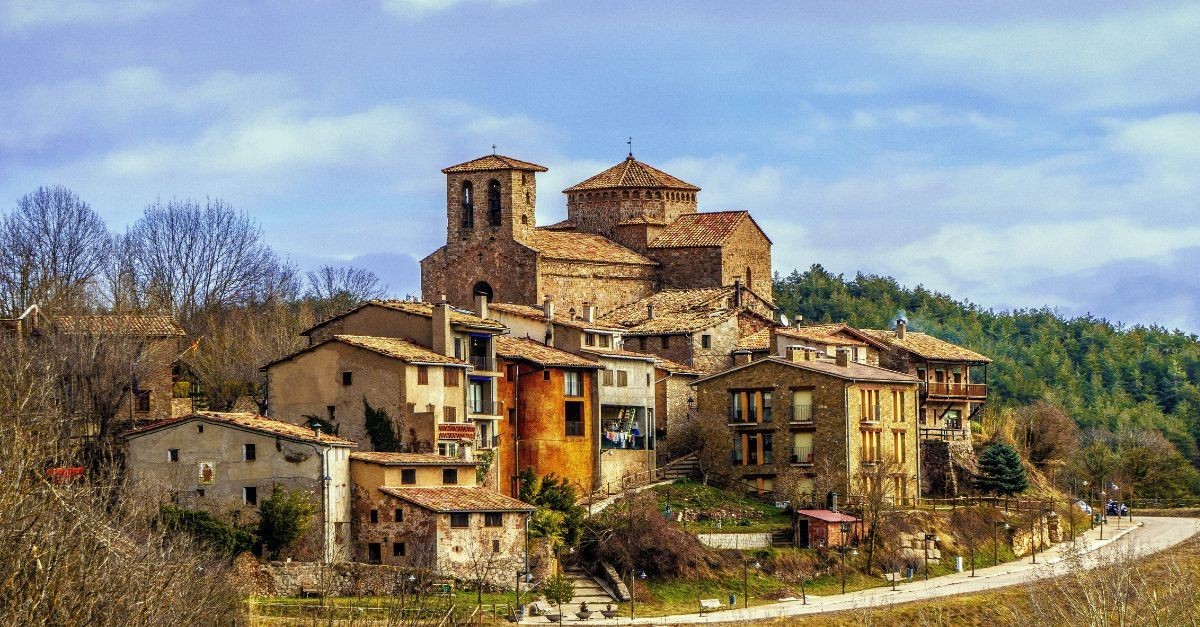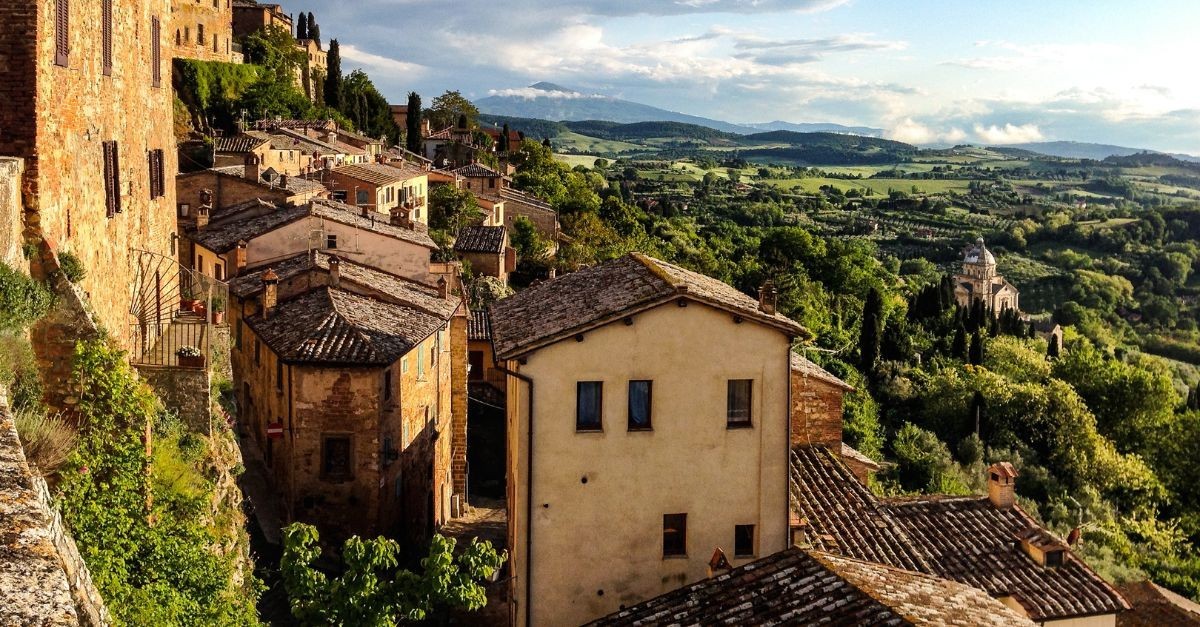
Italy's well known 1 euro house project was born in a small Sicilian town with the aim of repopulating increasingly desolate areas of Italy. The initiative has been very successful, especially in recent years: the list of 1 euro houses in Italy continues to grow and the towns and villages currently joining are spread all over Italy. But how does it work? In short, property owners hand over their house to the municipality, who then publishes a list of all houses for sale at the symbolic price of 1 euro. The properties are usually in a dilapidated state, which is why the new owner is obliged to renovate them. However, the advantages and disadvantages of joining this project should be carefully weighed up before buying. These are the pros and cons of buying a 1 euro house in Italy.
1 euro houses for sale in Italy: what are the benefits?
The Case a 1 euro initiative allows potential buyers to buy houses for the symbolic price of just 1 euro, with the main aim of saving abandoned or run-down properties in certain Italian villages that are suffering from constant depopulation. There are numerous advantages to be gained by joining the initiative. The main ones are:
- reduced expenses when buying a property in Italy
- the repopulation of small villages
- the concrete possibility for young people to be able to live on their own
Buying a property at an affordable price
Those who take part in Italy's one euro home initiative are lucky enough to become the owner of the property by paying only one symbolic euro. While other costs will have to be incurred to make the property habitable, meaning that the sum to be paid is not limited to 1 euro, the buyer still gets great bargain. In summary, those who take part in the scheme will end up spending a few thousand euros for a house that will later be worth far more than the amount spent.
The repopulation of abandoned Italian villages
So many villages in Italy are losing inhabitants due to their remoteness from large cities, but this is where Italy's 1 euro homes come in. The project was born precisely with the aim of repopulating these villages, and the intention of the initiative is clear from the obligation to renovate the house within a certain period of time. Furthermore, priority is given to those who intend to establish residence in their 1 euro home.
An opportunity for young people looking for a home
In Italy, there are many young people who feel the need to move out of their parents' home and start a life on their own, but unfortunately many of them do not have the financial independence to do so, due to high property prices.
Buying a house for 1 euro could be an excellent opportunity and a good solution for all those who want to leave their parents' home and be more independent. Moreover, in small villages the cost of living is lower than in big metropolitan cities and the comfortable and quiet environment will certainly provide moments of peace after a chaotic day.
An opportunity for foreigners
Foreigners, non-residents in Italy and non-EU citizens also have the right and the possibility to take advantage of buying a 1 euro house in Italy. The key is to be in possession of an Italian tax code, as it allows the payment of taxes and is the citizen's means of identification with public bodies and administration. This could be an interesting opportunity for all foreigners who love Italy and would like to buy a house in the Bel Paese, without necessarily having to invest too much money. You could end up with something beautiful, like Casa Alamanda, a recently renovated 1 euro house in Sicily.

1 euro houses in Italy: what are the disadvantages?
Buying a house for just 1 euro is very tempting, but before taking such an important step, it is good to know not only the advantages, but also the disadvantages of this project.
The price
The 1 euro price tag that comes with these properties is both a blessing and curse. While you initially get a property for the symbolic price of 1 euro, buyers must be aware that they have to bear additional costs, as they are obliged to renovate the property. In addition, the buyer also has to pay for the notary's fees, land transfer and the registration of the property.
New owners will however have the opportunity to take advantage of the numerous bonuses made available by the Italian Government, such as the superbonus or the renovation bonus, which allows a tax deduction of 50 per cent on the expenses incurred, up to a maximum expenditure of 96,000 euros.
The obligation to renovate the property
Buyers of 1 euro houses in Italy have specific obligations, the most important of which concerns the renovation of the home. It is essential to meet the one-year deadline for renovation and revaluation and the deadline for starting renovation, which tends to be within two months of obtaining permits. This condition is not universal, in fact some municipalities require the work to begin even sooner: the main objective is to rehabilitate dwellings that are in danger of becoming derelict and dangerous, with no economic value and difficult to put back on the market.
Isolated location
The houses sold as part of the 1 euro house scheme tend to be located in small, isolated villages where depopulation is on the increase. Nowadays, many people are heading for the big cities in search of work and the location of 1 euro houses may not be for everyone.
The house you have just bought cannot always be resold
1 euro houses are mainly aimed at those who intend to move to these Italian villages, because the aim of the initiative is to repopulate villages that are experiencing a steady demographic decline. Some villages may put restrictions on re-selling the property, while selling may be a challenge given the rural location of most of the properties.